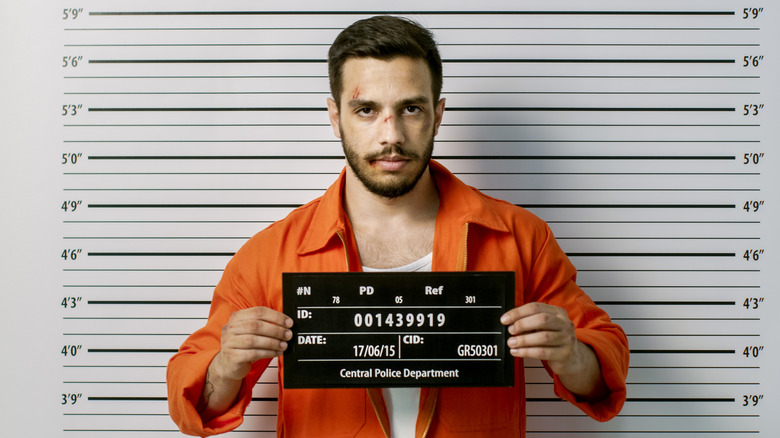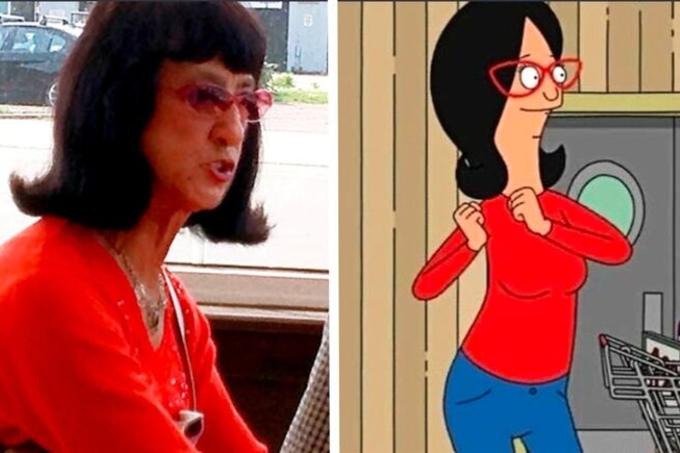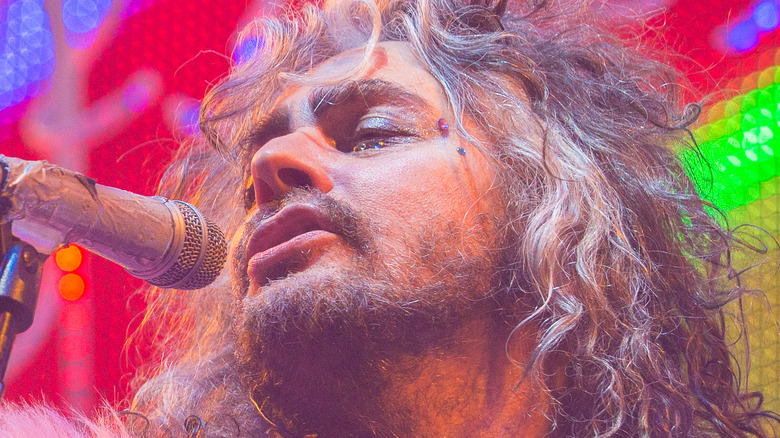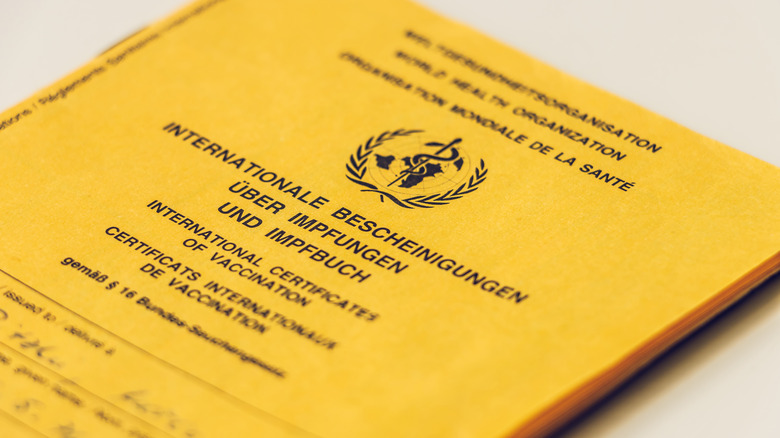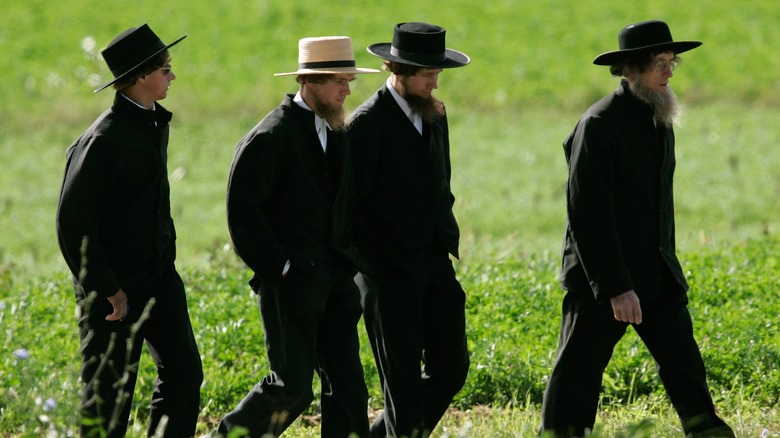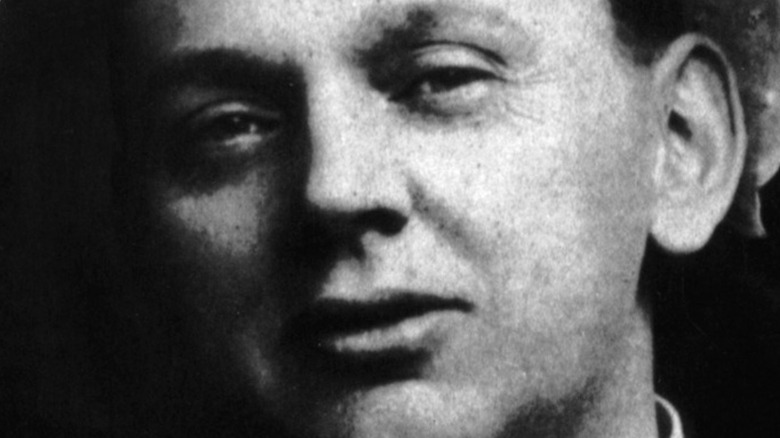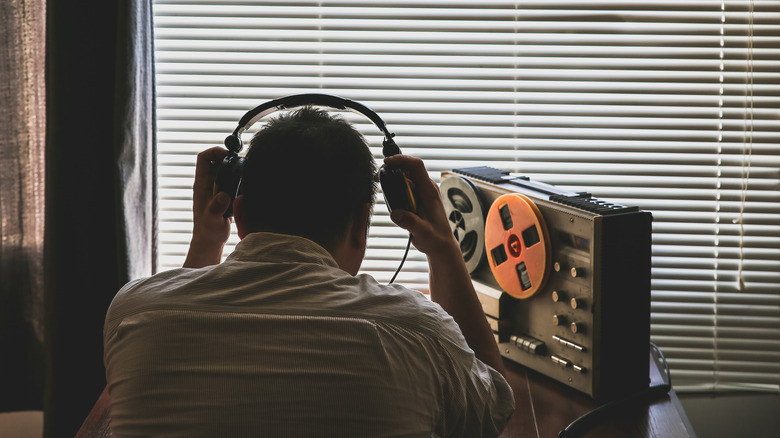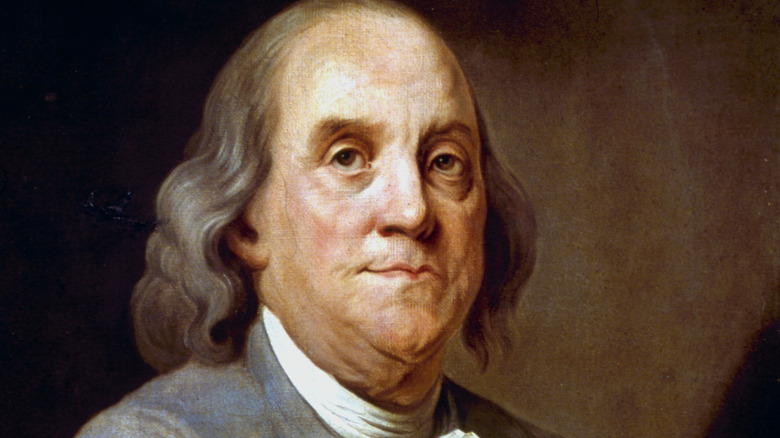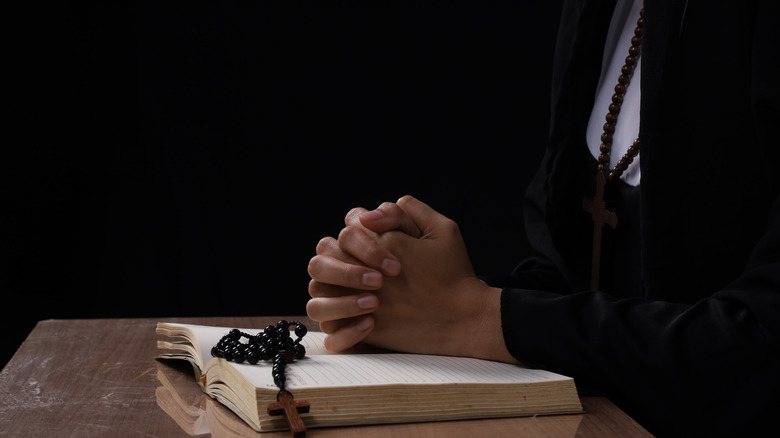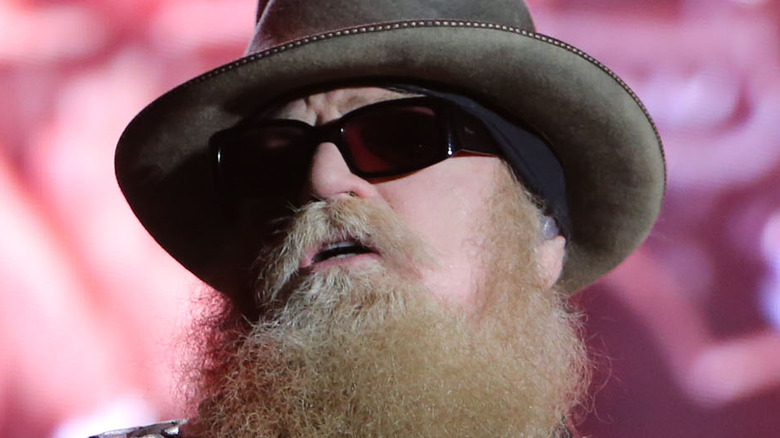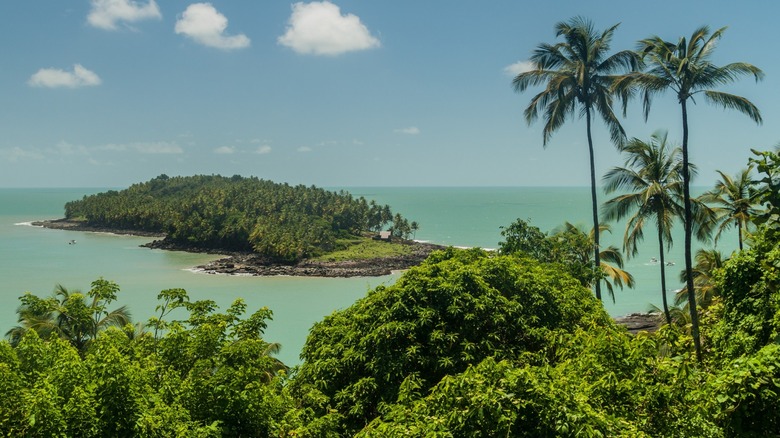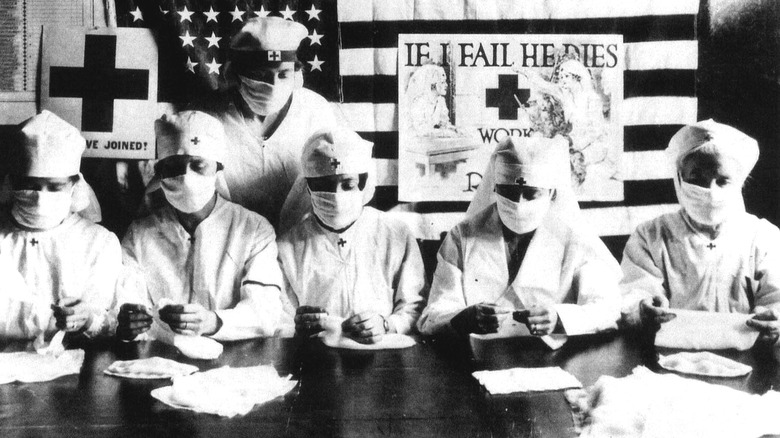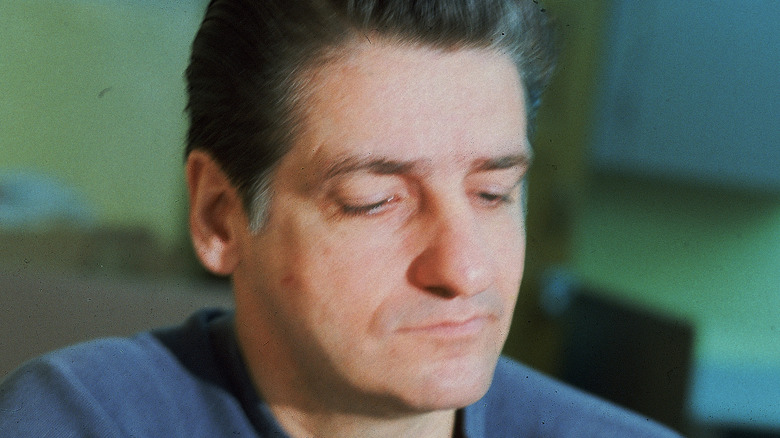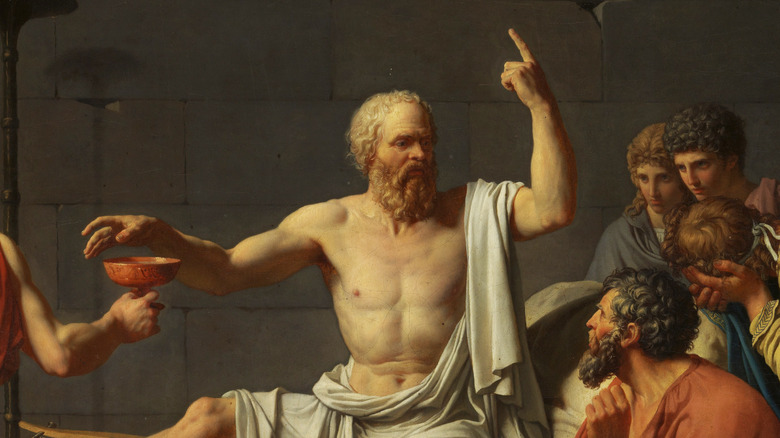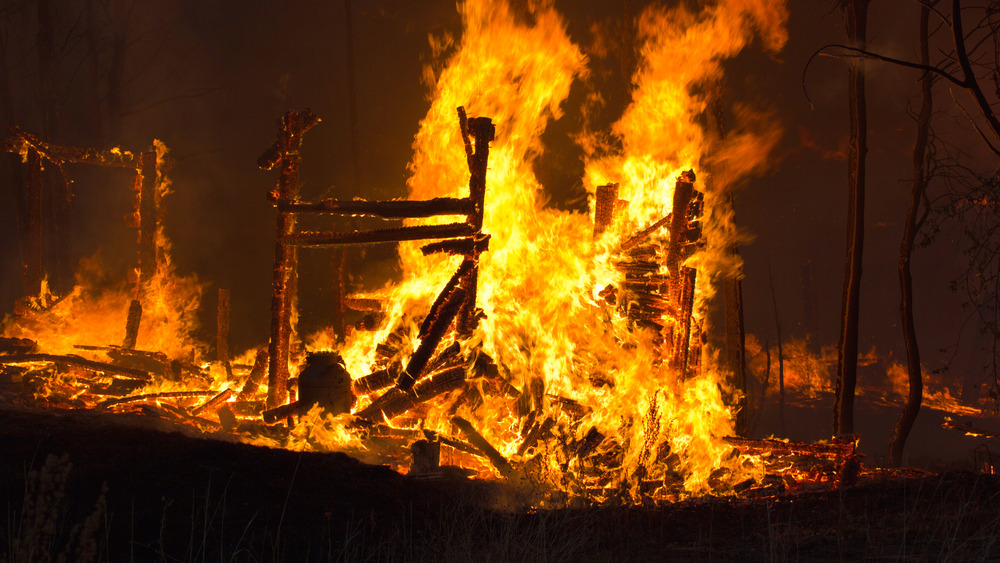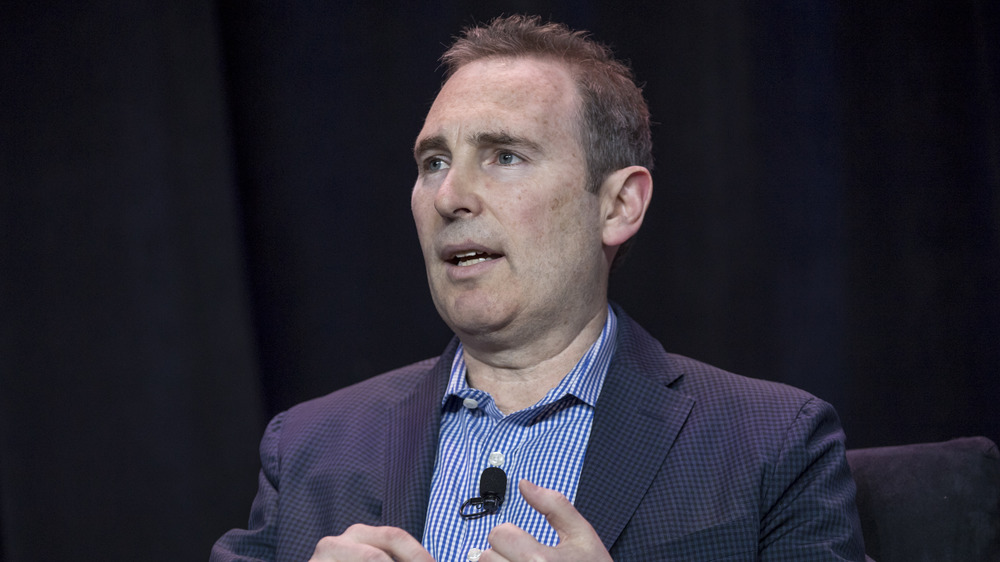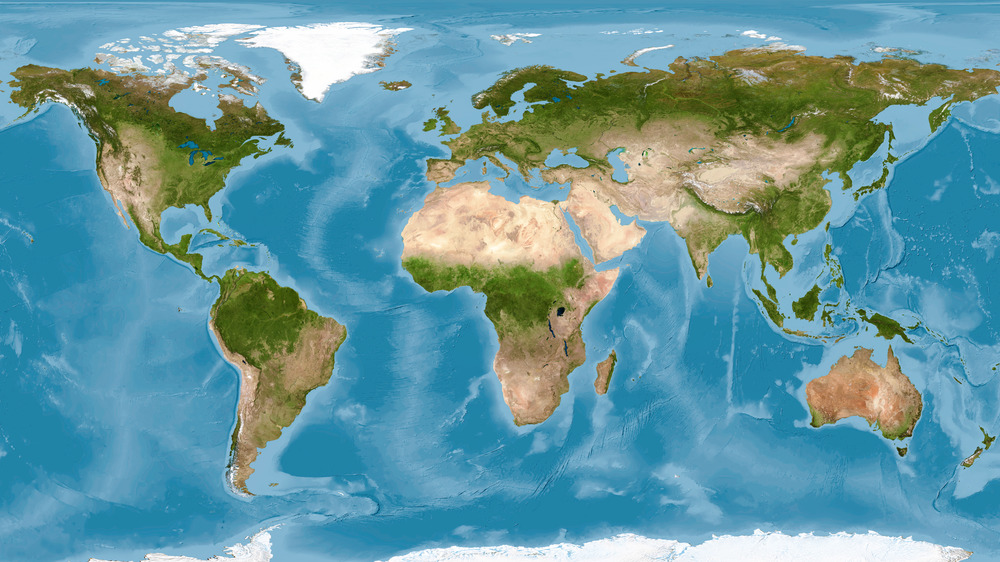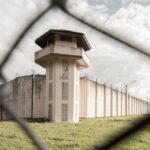
Here’s Why The US Has The Most Prisoners
The U.S. is second to none when it comes to imprisoning human beings. According to the U.S. Census Bureau’s Population Clock, the United States has the third-highest population, 332,368,993, while China has the largest, 1,397,897,720, approximately 4.35 times the U.S. population. However, as of May 2021, 639 per 100,000 individuals were behind bars compared to 121 per 100,000 in China (via World Prison Brief). With 5% of the world’s population but 25% of its prisoners, the question is, why does the “land of the free” have so many prisoners?
Mass incarcerations began with President Ronald Reagan’s “War on Drugs,” an aggressive approach to President Richard Nixon’s Controlled Substances Act. According to Nixon’s domestic policy chief, John Ehrlichman, it was less about reducing drug use but targeting “the antiwar left and Black people” (via Harper’s Magazine). Until recently, illicit drugs commonly used in impoverished communities saw harsher sentences than those used by the wealthy, but the Obama administration relaxed unfair sentencing guidelines in 2010 (via the Department of Justice).
Once “tough on crime” initiatives like the “Three Strikes” law were mandated, stricter and longer sentences were enforced with limited chances for parole. No matter how petty the crime, appearing in front of a judge meant a mandatory five-year sentence. Constant funding cuts for mental health meant the mentally ill, many with substance dependencies, were imprisoned instead of housed in facilities where they could get help. Add to that a bail system that is potentially discriminative and unconstitutional, as it is in direct conflict with the presumption of innocence, denies due process, and requires substantial money or assets in order to escape captivity (via Drexel Law Review).
The rise of for-profit prison systems
Governor Gavin Newsom recently pardoned 76,000 prisoners (via California Globe), but it seems that the U.S. prefers punishment over rehabilitating because it is profitable. In a capitalist society, profit is more important than humanity and empathy. The prison population is full of Black men, the poor, the mentally and physically challenged, addicts, and immigrants. The rise of for-profit prisons like Corrections Corporation of America and GEO are examples of the Prison Industrial Complex, a system of individuals and entities, including the government, with a yearly $80 billion vested interest in the mass incarceration of 2.1 million people (via Business Insider).
Counting those that are trapped in the parole cycle, 6.9 million people or 1 in 35 are caught up in the penal system and 1 in 3 Black men will go to jail or prison at some point (via AJ+/The Marshall Project). Felons and their families suffer generational, financial, psychological, and societal repercussions long after they have paid their societal debt. Essentially, imprisonment continues with the inability to vote, find employment, gain an education, and housing. Incarceration creates the supply that allows entities within the Prison Industrial Complex to prosper. Until this is addressed, profiting from the tragedy of mass incarceration will continue to plague marginalized citizens.
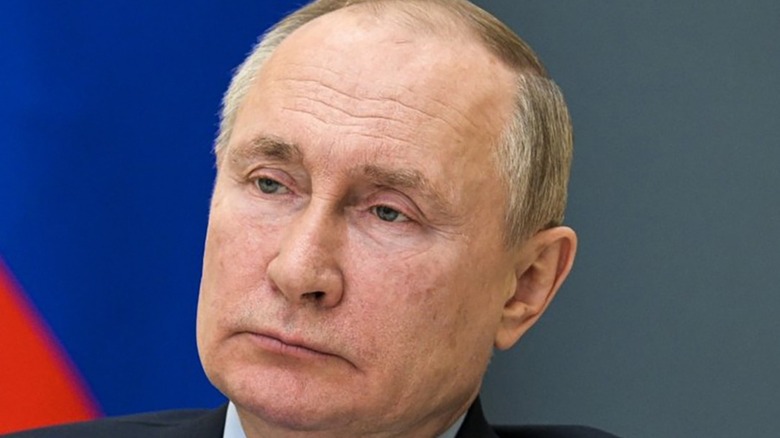
World Leaders Keep Giving Putin These Unusual Gifts
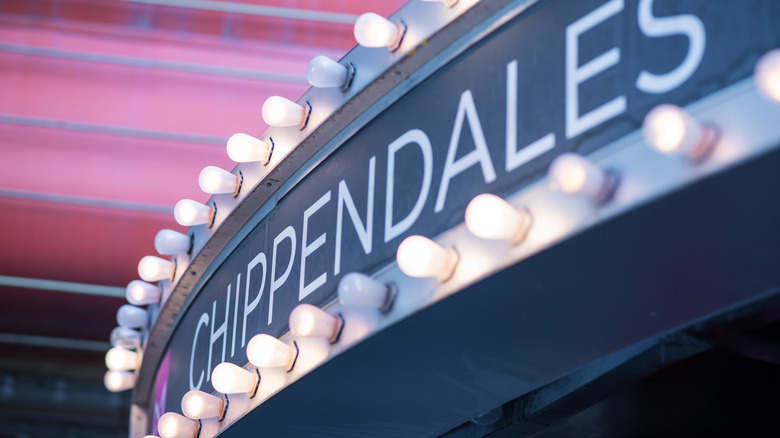
Everything We Know About The Chippendales Arson Attacks
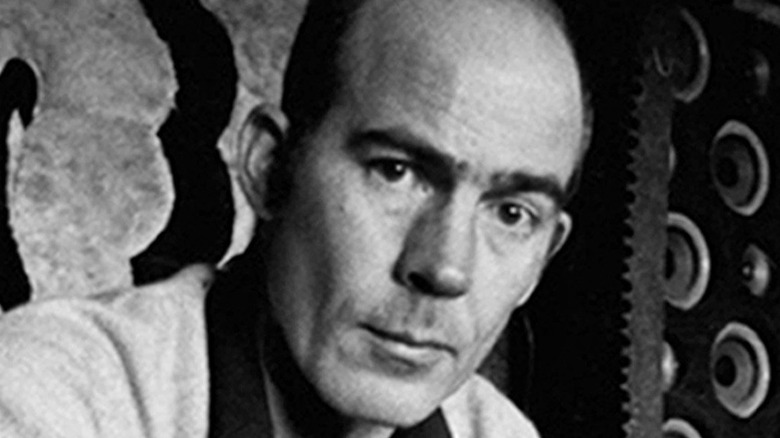
Here's What Hunter S. Thompson Stole From Ernest Hemingway
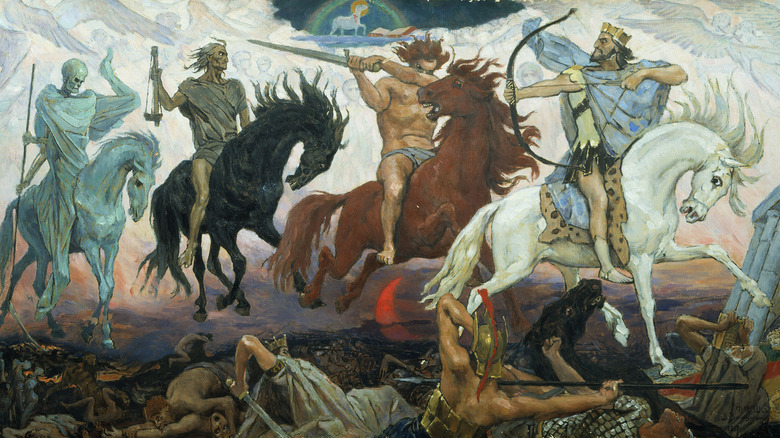
The Untold Truth Of The Four Horsemen Of The Apocalypse
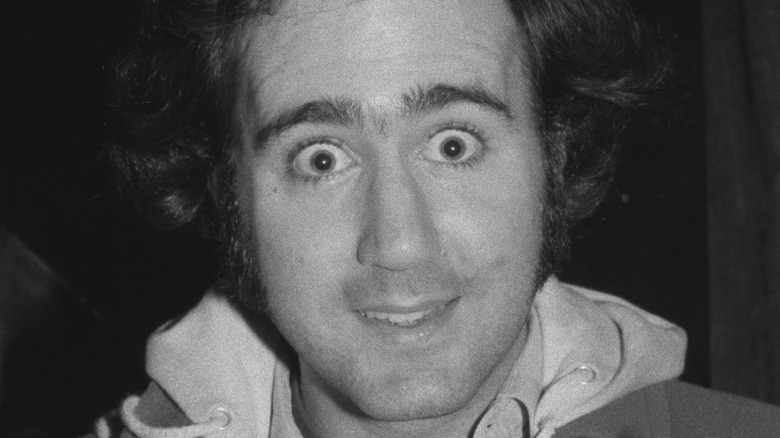
This Was Andy Kaufman's Net Worth When He Died
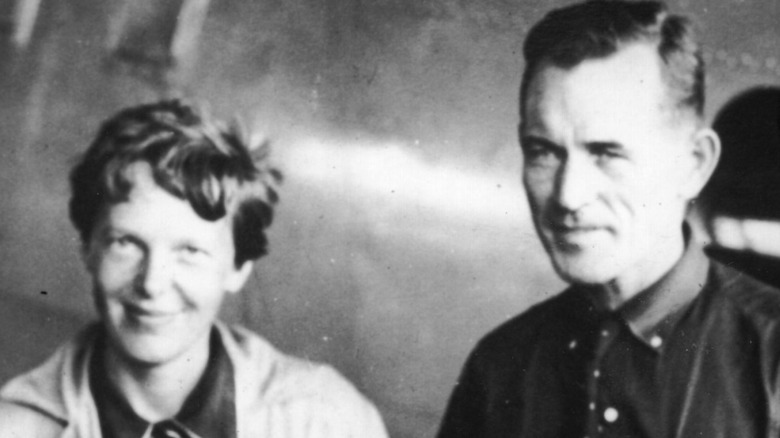
The Truth About Amelia Earhart And Fred Noonan's Relationship
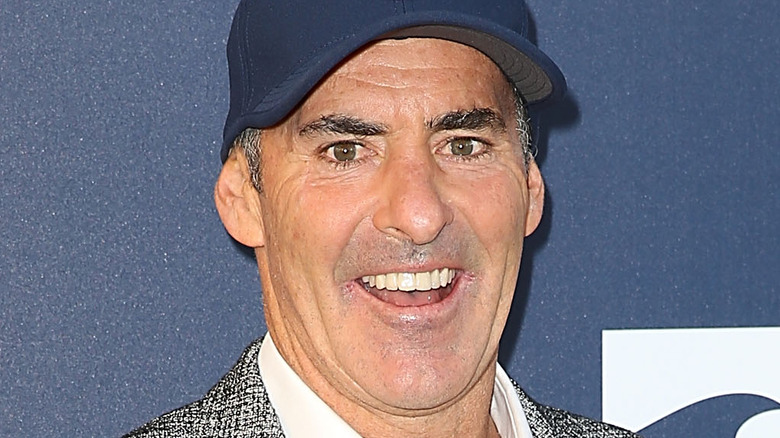
The Truth About Big Wave Surfer Garrett McNamara's Childhood
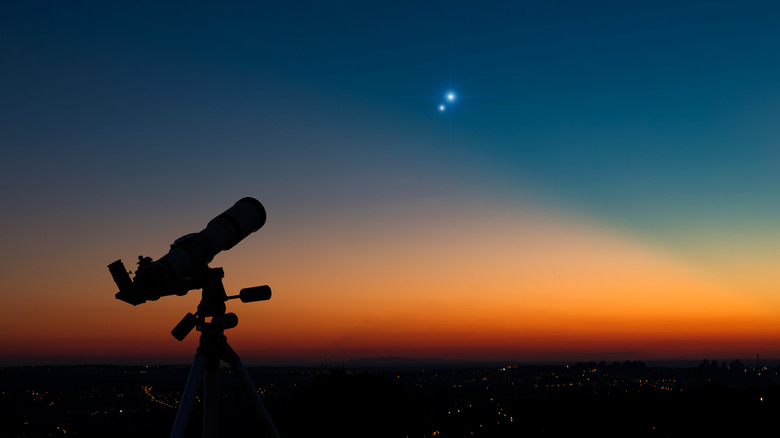
The Surprising Thing These Four Planets Have In Common

How Many Intelligence Agencies Does The US Have?
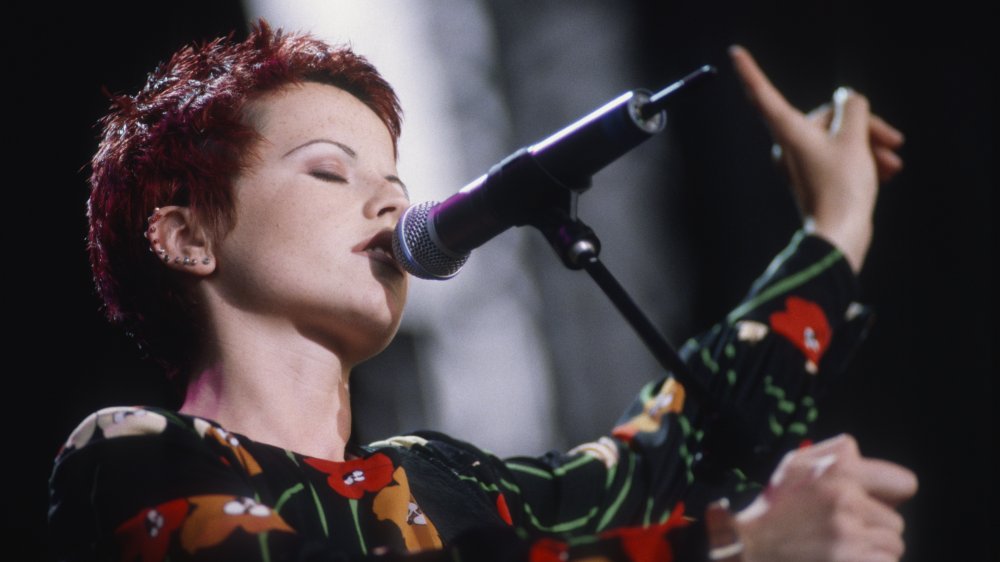
This Was The Part Of Fame Dolores O'Riordan Didn't Like
